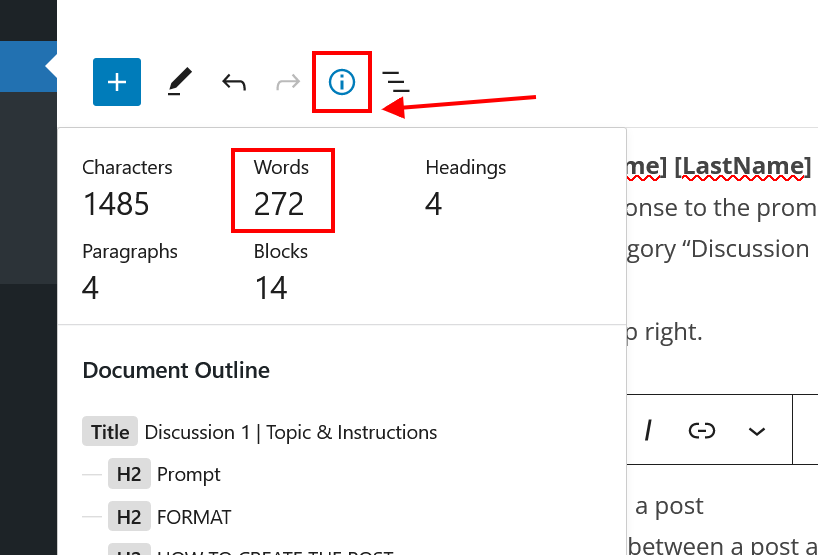In further examining identity politics in this weeks’ readings of “The Power of Identity Politics” by Alicia Garza and “Too Latina to be Black, Too Black to be Latina” by Aleichia Williams, I particularly appreciated Garza’s sentiments on grappling with the histories of oppression. That unless we are able to examine how powers of oppression were first formed and perpetrated, we are unable to comprehend the ways in which they still exist. There is a strong desire to dismiss oppression as something of the past, as though we aren’t still participating in it. But I think this is why identity politics are so powerful. Who better to understand and speak to our own oppressions than ourselves. We have unique insight into the effects our oppression might have on us. Especially when facing intersections of oppressions, we can see the ways those oppressions layer and compound on top of one another.
In these past weeks I have really enjoyed our explorations of gender and would love to pursue that more. Following last week’s assignment I read bell hooks’ essay “Is Paris Burning?”. I agreed with her criticisms of Livingston for the most part, but I sometimes struggled with her criticisms of the gay, drag, and trans performers. While all of her criticisms were more than valid, I felt they perhaps oversimplified or took a singular perspective on what I think is a multi faceted and layered experience. Perhaps I view the film through a modern lens, so while I see the misogyny and idealized white femininity, I know that is not true of all drag, at least not today. I do agree that, with the exception of Dorian Corey, most of the subjects do not seem to consciously critique race, gender, and class in their performance, or at least are not portrayed to do so. Does this mean that the criticism doesn’t exist?
As I’ve said before, I never come away from watching this film with clear answers, however reading bell hooks’ essay did make me think of her writings on language in “Teaching to Transgress”. She sites the line “This is the oppressor’s language yet I need it to speak to you” from Adrienne Rich’s poem, “The Burning of Paper Instead of Children”. She goes on to discuss English as the language of colonization; diminishing black vernacular and erasing native languages. Her discussions of the power of language and reclaiming make me think of our visual expressions of race, gender, and class in the context of “Paris is Burning” and how frequently in these cases we only have the oppressor’s language to communicate with. She goes on to explore the power of the oppressed claiming the oppressor’s language:
I imagine them hearing spoken English as the oppressor’ language, yet I imagine them also realizing that this language would need to be possessed, taken, claimed as a space of resistance. I imagine that the moment they realized the oppressor’s language, seized and spoken by the tongues of the colonized could be a space of bonding was joyous. For in that recognition was the understanding that intimacy could be restored, that a culture of resistance could be formed that would make recovery from the trauma of enslavement possible. I imagine, then, Africans first hearing English as “the oppressor’s language” and then re-hearing it as a potential site of resistance.
hooks, “Teaching to Transgress”, 171
And then discusses the ways the oppressed then reshaped the language:
Needing the oppressor’s language to speak with one another they nevertheless also reinvented, remade that language so that it would speak beyond the boundaries of conquest and domination. In the mouths of black Africans in the so-called “New World,” English was altered, transformed, and became a different speech. Enslaved black people took broken bits of English and made of them a counter-language.
hooks, “Teaching to Transgress”, 172
I see this transgressive quality of claiming and reinventing the language present in “Paris is Burning” in the representations of white wealth on black bodies. An assertion and defiance that they are deserving and capable of achieving the status that white supremacy has barred them from.
Beyond “Paris is Burning”, I see this oppressor’s visual language, if you will, exhibited in gender expressions. In some way one must use this language of the binary to express their deviance from its norms. It is true that there are gender neutral forms of expression, but if one wishes to express either more masculine or feminine facets of themselves, it seems they are almost forced to use this language of gender oppression to subvert it.
Perhaps I am misconstruing both bell hooks’ writing and these forms of expression, but if anything I feel that illustrates how I might benefit from further exploration and discussion of these ideas.

